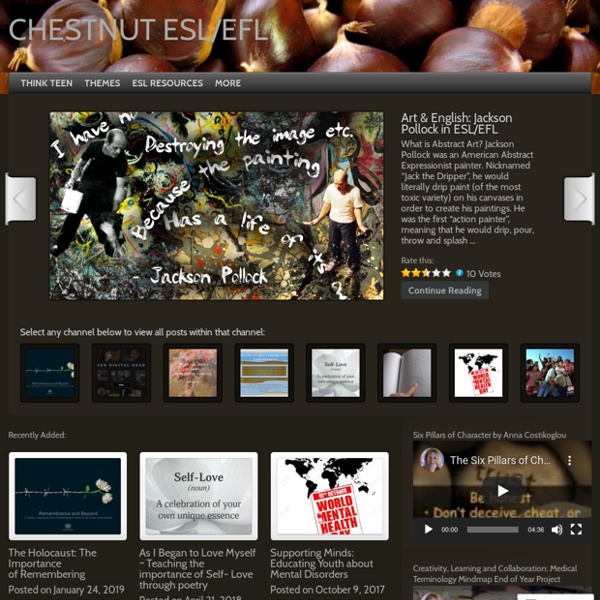



6 Types of Motivation Explained What makes people do what they do? Why do some people succeed while others fail? The answer just might be motivation. We know that from an early age motivation prompts us to want to learn and exhibit different types of behavior and stimulates us to accomplish new feats of success. What is motivation? Motivation is generally defined as the force that compels us to action. There are many different forms of motivation. Types of Motivation Incentive A form of motivation that involves rewards, both monetary and nonmonetary is often called incentive motivation. Fear Fear motivation involves consequences. Punishment or negative consequences are a form of fear motivation. Achievement Achievement motivation is also commonly referred to as the drive for competency. However, in certain circumstances be motivation for achievement may involve external recognition. Growth The need for self-improvement is truly an internal motivation. Motivation for growth can also be seen in our yearning for change. Power
Self Motivation Quiz (Free) — How to Motivate Yourself With the right self motivation in mind – you can fly to new heights! Photo by: seanmcgrath The Self Motivation Quiz is all about finding out what makes you tick. What pulls you toward the things you are going for – those top 3 motivating types that make you get going. The more you align yourself with what makes you tick, the more you’ll be magnetized to get there. There are 9 main self motivators that pull you toward your goals. This test is 45 questions and should take less than 5 minutes to complete. 7 signs you've made it in a foreign language Learning a foreign language as an adult is undeniably more challenging than growing up bilingual. Since we’re no longer human sponges, the task requires loads of patience and dedication. I failed on my first attempt, and have steered clear of obscure Baltic languages ever since. But my second and third attempts, in Spanish and Italian, were considerably more successful. Whether you’re just starting out or are an advanced speaker, if any of these signs apply to you, you’re making it as a true bilingual: 1. You talk to yourself, only now you do it in a foreign language. One time in Italy (okay, twice), I was caught riding the metro without a ticket and received a hefty fine. 2. Since being funny is a skill in and of itself, major props if you manage this in a foreign language. Even though I was less “refined” than my CEO Mexican friend, I’d jokingly call him naco (uncultured, lower-class) in my best fresa (preppy, yuppie) voice. 3. Certain expressions are just better in foreign languages.
English: Learn Languages for Free Learn English for free online. Download free audio lessons to your computer or mp3 player and start learning English instantly. To learn more languages, please visit our complete collection of Free Language Lessons. Connect with English - WebFeaturing the story of Rebecca, an aspiring singer on a journey across America, Connect With English offers 50 fifteen-minute video programs that will teach English as a second language to high school students, college students and adult learners. To learn more languages, please visit our collection: Learn Languages for Free: Spanish, English, Chinese & Beyond. Support Open Culture We're hoping to rely on our loyal readers rather than erratic ads.